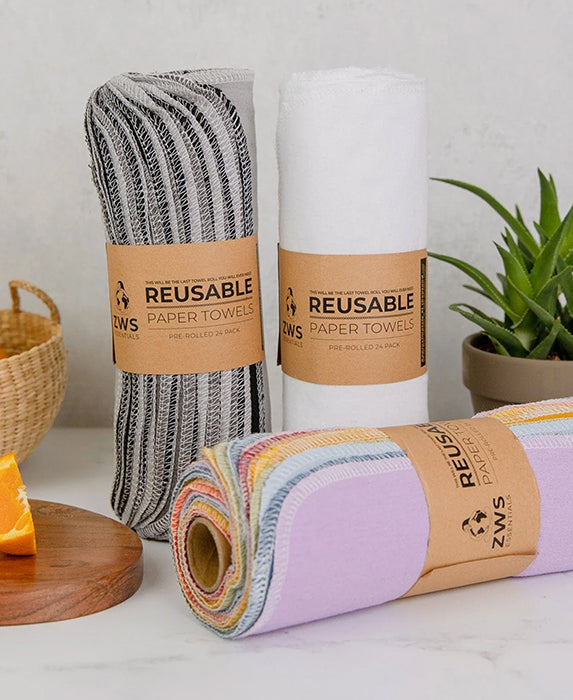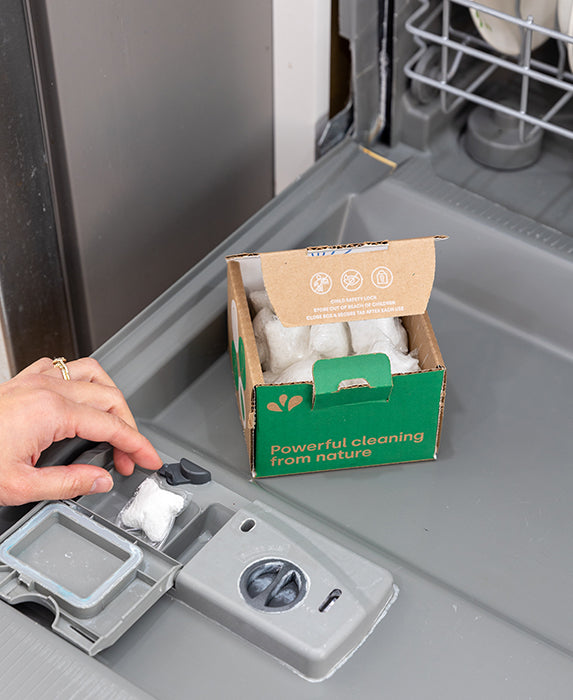This blog was written by a guest contributor Indrė Vaicekavičiūtė, Content Manager at CyberNews. More information below!
Greenwashing is not something sustainable companies do. A truly sustainable business ties in its production activities and how they impact the environment. No matter their industry, businesses can embrace the triple bottom line approach (people, planet, and profit) and go beyond traditional profit-driven business models. Hence, prioritizing social and environmental responsibility does not conflict with financial success and adds to their long-term value.
Creating a sustainable business involves integrating sustainable practices into all operations, including supply chain management, waste reduction, energy efficiency, and employee well-being, and implementing a comprehensive sustainability plan. This article explores some of the best methods for cultivating a sustainable business.
Implement Circular Economy Principles
The Circular Economy Principles encompass guidelines and strategies to create a more sustainable and resource-efficient economic system. These principles seek to minimize waste, maximize resource use, and promote the regeneration of natural systems. Here are the fundamental principles of the circular economy:
Design out waste and pollution. Design products, services, and systems that eliminate waste and pollution at the source. Choose recyclable or biodegradable materials, and opt for durability and ease of repair. Moreover, reduce the use of harmful substances.
- Keep products and materials in use. Instead of following a linear “take-make-dispose” model, keep products and materials in use for as long as possible. Apply refurbishment, remanufacturing, and repurposing. Extending the lifespan of products and promoting reuse and sharing models can significantly reduce resource consumption.
- Foster energy efficiency: Energy-efficient production methods, distribution systems, and technologies will minimize energy waste and environmental impact.
- Use renewable resources: Emphasizing renewable resources helps reduce reliance on finite resources and supports the transition to a more sustainable and low-carbon economy.
- Preserve natural systems: The circular economy recognizes the importance of preserving and restoring biological systems through sustainable land and water management practices, conservation efforts, and biodiversity promotion.
- Collaborate and foster circular networks: Create networks, partnerships, and platforms that facilitate the exchange of knowledge, resources, and expertise. Collaboration can enable shared value creation, innovation, and the scaling up of circular initiatives.
To learn more about companies participating in the circular economy, visit the Ellen MacArthur Foundation website.
Emphasize Product and Packaging Sustainability
A sustainable business's most visible aspects are its products and packaging. Companies should strive to offer eco-friendly products made from sustainable materials with minimal environmental impact throughout their life cycle. Additionally, reducing packaging waste through innovative packaging designs, using recycled or biodegradable materials, and promoting recycling or return programs can contribute to a more sustainable brand image.
Besides, creating a sustainable business requires focusing on supply chain transparency and responsibility. This involves selecting suppliers and partners who adhere to ethical and environmentally friendly practices. Conducting thorough due diligence, auditing suppliers for compliance, and supporting fair trade can contribute to a sustainable and socially responsible supply chain.
Additionally, remote work can help decrease carbon dioxide emissions that go along with commuting and maintaining physical office spaces. To allow workers to work remotely and access resources from any location, use a VPN—you can choose one of the cheapest VPNs.
Foster a Culture of Sustainability
Building a sustainable business requires the involvement and commitment of the entire organization. Companies can foster a culture of sustainability by empowering employees to contribute to eco-friendly initiatives and make sustainable choices. Additionally, prioritizing email security and implementing a robust DMARC policy can protect sensitive information and ensure secure communication channels to support the overall sustainability efforts.
A comprehensive Sustainability Plan should include transparent and effective communication, playing a vital role in growing a sustainable business. Companies should communicate their sustainability initiatives, goals, and progress to their employees. Implement training programs, employee engagement campaigns, and recognition of sustainability efforts;
Check eight ways to engage your employees on sustainability.
In like manner, educating consumers and the broad community about the importance of sustainable choices and the benefits of supporting environmentally responsible businesses can also drive demand and loyalty. Sustainable businesses can incorporate educational components into their operations by offering workshops, training programs, or demonstration sites that promote sustainable practices, permaculture design, and environmental stewardship. Besides, you might create additional revenue streams this way.
Embrace permaculture ideas
Permaculture principles are mostly applied in agricultural practices, promoting regenerative farming methods focusing on building healthy soils, conserving water, and reducing chemical inputs. Still, permaculture principles are not restricted to agriculture. Since the principles and practices of permaculture align closely with the goals of sustainability, it is a viable approach for entrepreneurs who are interested in creating environmentally friendly and socially responsible businesses.
Permaculture emphasizes the importance of the local community and environment and their resilience. Also, permaculture encourages the use of sustainable and natural building materials, as well as the integration of buildings and infrastructure with the natural environment. Sustainable businesses can apply permaculture principles to the design and construction of their facilities, incorporating energy-efficient features and renewable energy systems and utilizing recycled or low-impact materials.
Likewise, permaculture emphasizes the concept of closed-loop systems, where waste from one process becomes a resource for another. Businesses can adopt this principle by implementing strategies such as composting organic waste, recycling materials, and minimizing packaging waste.
What’s more, permaculture promotes the restoration and conservation of natural ecosystems. Businesses can actively engage in habitat restoration projects, implement biodiversity-friendly practices, and support conservation initiatives to enhance their environmental credentials and contribute to protecting local ecosystems.
To learn more about permaculture, check Permaculture Research Institute resources.
The bottom line
As you embark on the journey of growing a sustainable business, remember that you are not in for taking the hardest route or depriving yourself of modern-day convenience. Tune in with the positive: by trial and error, you are building systems to relate with the world more consciously. Change, innovation, and collaboration are as exciting as fulfilling.
is an accomplished SEO Specialist and Content Manager at CyberNews. With expertise in cyber security, SEO, and content creation, she is a renowned author, providing readers with insightful and accessible perspectives on the ever-changing landscape of digital threats and protective measures.









